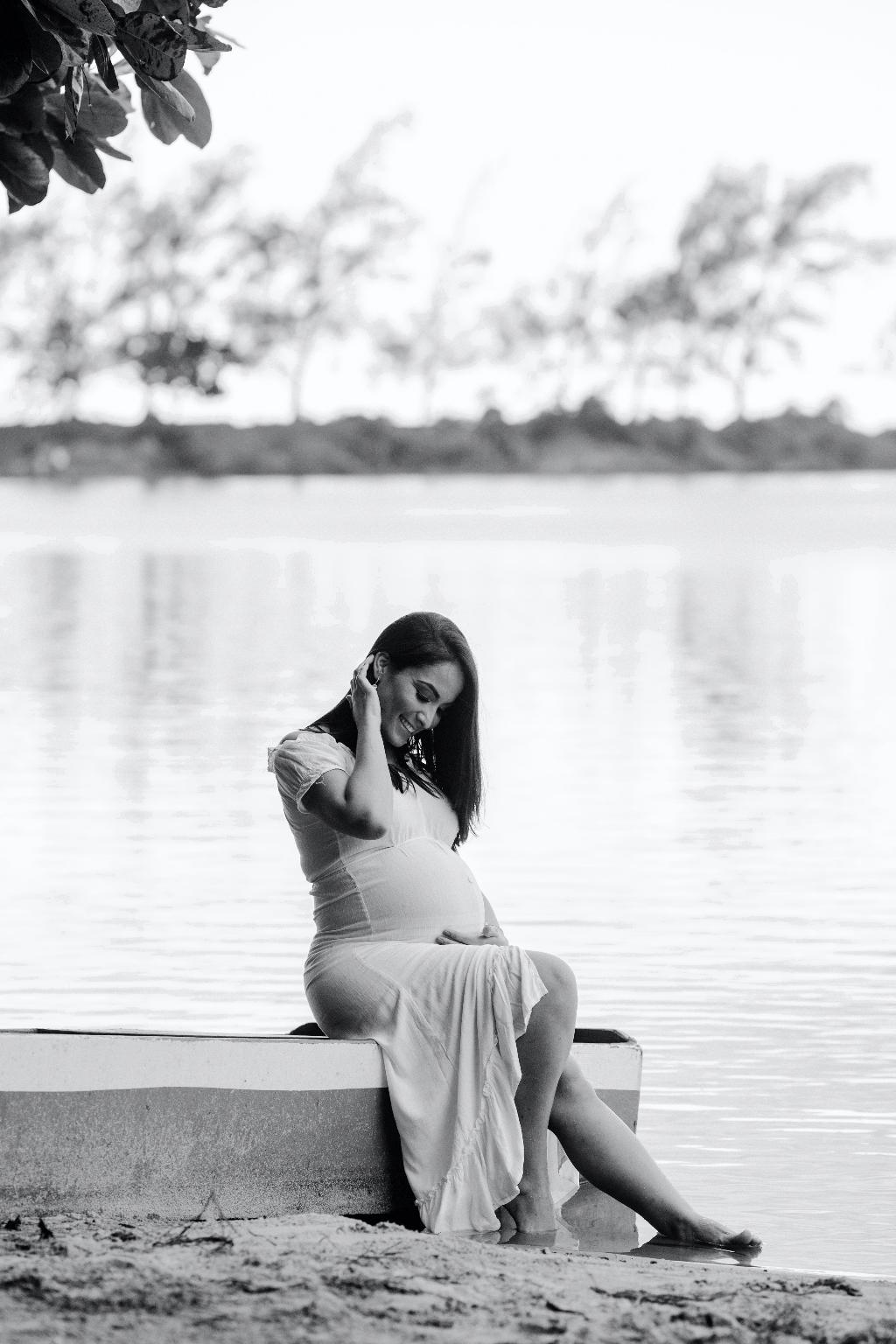When it comes to pregnancy, the body goes through a myriad of changes to accommodate the growing baby. It is not uncommon for women to experience sensations and pressures in various areas, including the vaginal region. Feeling pressure in your vagina during pregnancy is a common occurrence that many women may experience at different stages of gestation.
Throughout the three trimesters of pregnancy, the uterus expands and grows significantly to provide ample space for the developing fetus. As the uterus enlarges, it puts pressure on surrounding organs and tissues, which can lead to sensations of pressure in the vaginal area. This pressure may feel like a heaviness or fullness in the pelvis, and it is often due to the increasing weight of the uterus.
During the early stages of pregnancy, as the uterus starts to expand and rise out of the pelvic cavity, some women may notice a sensation of pressure in the vaginal region. This pressure can be attributed to the stretching and shifting of ligaments and muscles to accommodate the growing uterus. It is important to note that this type of pressure is typically normal and is a sign of the body adjusting to the changes brought on by pregnancy.
As the pregnancy progresses into the second and third trimesters, the pressure in the vaginal area may become more pronounced. The baby’s increasing size and weight, along with the expanding uterus, can exert additional pressure on the pelvic floor muscles and the vaginal canal. Women may feel a sense of pressure, heaviness, or fullness in the vagina, especially when standing, walking, or engaging in physical activity.
It is essential for pregnant women to pay attention to their bodies and communicate any concerns or discomfort with their healthcare providers. While some degree of pressure in the vaginal region is normal during pregnancy, it is essential to distinguish between normal discomfort and symptoms that may indicate a potential issue.
If the pressure in the vaginal area is accompanied by severe pain, cramping, vaginal bleeding, or abnormal discharge, it is crucial to seek medical attention promptly. These symptoms could be signs of conditions such as preterm labor, placental abruption, or infections that require immediate evaluation and treatment.
Additionally, factors such as the position of the baby, the mother’s posture, and the strength of the pelvic floor muscles can also influence the sensation of pressure in the vaginal region. Pregnant women may experience pressure in the vagina when the baby’s head engages in the pelvis in preparation for birth, known as “lightening.”
Engaging in activities that help support the pelvic floor, such as Kegel exercises and maintaining good posture, can help alleviate some of the pressure in the vaginal area. It is essential for pregnant women to stay hydrated, practice good nutrition, and listen to their bodies to ensure optimal health and well-being throughout pregnancy.
Overall, feeling pressure in the vaginal area during pregnancy is a common and often normal occurrence due to the changes taking place in the body to support the growth of the baby. By staying informed, communicating with healthcare providers, and practicing self-care, pregnant women can navigate these sensations with confidence and peace of mind.
Remember, every pregnancy is unique, and what is normal for one woman may differ for another. Trust your instincts, listen to your body, and reach out for support when needed to ensure a healthy and positive pregnancy journey.

